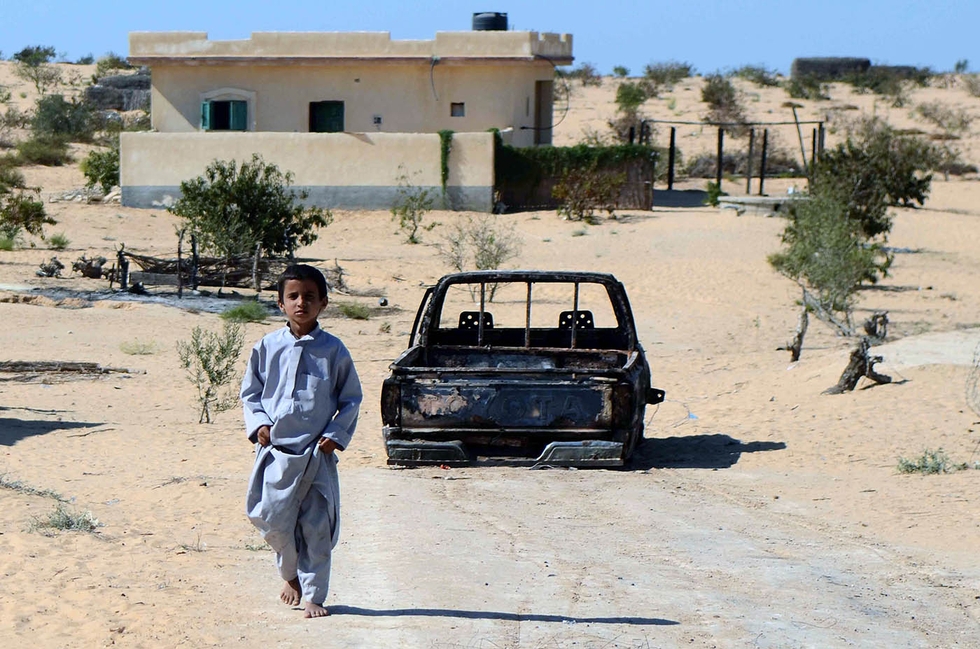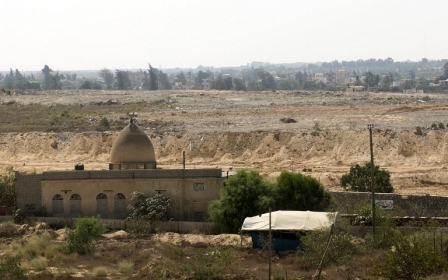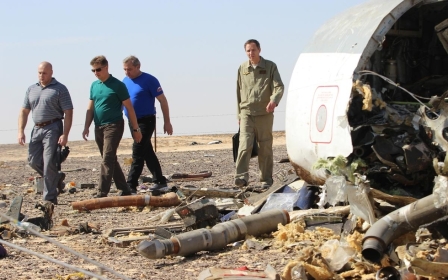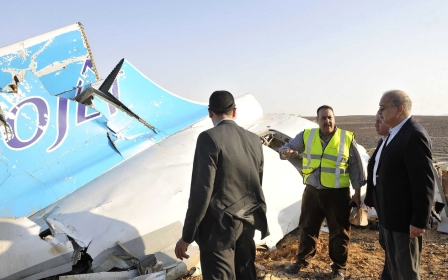Sinai tribal leader demands government dialogue with militants

A key tribal group in Egypt’s restive Sinai Peninsula has spoken out against attempts to bring about a “security solution” to the region’s insurgency, warning that they will only lead to more violence.
In a statement addressed directly to Egyptian President Abdel Fattah al-Sisi, the head of the Tribal Union of Sinai warned that a lack of development in the impoverished region was not being tackled, and was pushing more young people towards militancy.
“We demand real and comprehensive development on the ground, because we are certain that the security solution will not be achieved without more slaughter of innocents, both the people and the security services,” wrote Sheikh Ibrahim al-Munii.
Back in February, Sisi promised a cash injection of 10 billion Egyptian pounds (some $1.7 bn) to be allocated to the Sinai Peninsula, including for development projects.
However, locals complain that improvements on the ground have been slow to materialise.
Meanwhile, security services have intensified a huge military campaign aimed at stamping out an armed insurgency that targets soldiers and police in Sinai and beyond.
Some local fighters have declared their support for Sinai Province, the Islamic State (IS) affiliate goup that claimed to have downed the Russian passenger plane that crashed in Sinai last month, killing all 224 people on board.
As an investigation into the disaster comes to a close, with Russia declaring it a “terror act” on Tuesday, the Sinai-based tribal leader urged the central government to walk back from its severest tactics in the region and instead engage in dialogue with militants.
“We demand that you instigate dialogue with the tribes, and especially with the youth,” wrote Munii, who says his group was excluded from a key anti-militancy conference earlier this year.
“You must change the way the state deals with people in Sinai, including putting an immediate stop to arbitrary arrests and random shelling. The road and electricity networks must be restored, and schools in education centres must be reopened.”
Reports from on the ground in Sinai have all but dried up in months of chaos, but rights groups like Human Rights Watch and Amnesty International say the government could have violated international law during its anti-militant campaign.
Some 3,200 families have been forcibly evicted from their homes near the border with the Gaza Strip, and seen their homes demolished, as the state attempts to create a “buffer zone” between Egyptian and the Palestinian enclave, which is governed by the Hamas movement.
A state of emergency declared in much of northern Sinai over a year ago, after a deadly bombing that killed over 30 soldiers, remains in place.
Locals told the Arabic-language news site al-Araby al-Jadeed in October that the security forces had destroyed a school by shelling it because it was sited too close to an army base.
New MEE newsletter: Jerusalem Dispatch
Sign up to get the latest insights and analysis on Israel-Palestine, alongside Turkey Unpacked and other MEE newsletters
Middle East Eye delivers independent and unrivalled coverage and analysis of the Middle East, North Africa and beyond. To learn more about republishing this content and the associated fees, please fill out this form. More about MEE can be found here.




